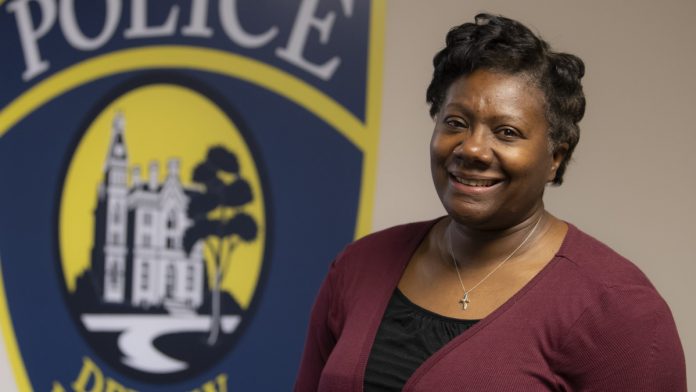
So you’ve been stopped by Public Safety. Let’s say you’re walking home with friends, and they suspect you of being intoxicated. You or one of your friends isunderage. What do you do?
DePauw Police Department Chief of Police Charlene Shrewsbury and Greencastle Lawyer Scott F. Bieniek shared insight from their perspectives.
If you or a friend have an interaction with a DePauw Police Officer, the best thing to do, according to Shrewsbury, is “cooperate.” This goes a long way, says Shrewsbury.
“This means giving us your real names. A lot of students will give us a fake name,” Shrewsbury said. “And then, we have to go through the trouble of trying to make sure that we have identified the right student.”
In addition, Shrewsbury asks students to cooperate by being “open and honest when asked how much [you’ve] had to drink, or what you've had to drink that night.”
But due to the possibility of going to court, Bieniek said that students should remember that anything they say can be used against them. “I think it's fairly common for students to say, particularly students who are under age, to say, ‘Yeah, I've been drinking,'” Bieniek said. “Well, that's it. It's over: admitted under 21 possessing and consuming alcohol.”
If it is an ordinance violation or infraction, “the law says that you have to provide identification,”Bieniek said. But not providing any personal information beyond that and refusing a portable breath test (PBT) is “probably a pretty good idea.”
According DePauw’s student handbook, “Student Academic Life staff will address students' behavior when policy violations occur and will act to correct the situation. University Community Standards charges will result from policy violations. DePauw Police may make arrests or issue citations as a result of violations of state law.”
DePauw’s website states that the community standards process follows a four-step process: charge of violation of code of conduct, intake meeting, sanction, appeal. These may incorporate alcohol education, a period placed on academic probation, suspension or even expulsion. The outcome of this meeting will be determined based on the student’s individual case.
While students have a right to refuse a portable breath test or answer any questions, this does not exonerate them from any consequences. Instead, officers can use their observations about the student to file a report.
“As long as an officer has enough probable cause to believe that you've been consuming alcohol, you can still get a ticket or be sent to community standards,” Shrewsbury said. “And there are certain things they will look for (such as) the smell of an alcoholic beverage. They'll have to note in the report like swaying while standing, difficulty in retrieving their ID. They have to put in the report what they are seeing that leads them to believe that this person is under the influence.”
Shrewsbury highlighted the unique role that DePauw police undertake by being police officers on a college campus, noting that they understand that they are working with college-age students.
“We do care about the students,” Shrewsbury said. “And sometimes, depending on the choices you make, you may have to have an interaction with one of us.”
Being students, Shrewsbury understands that “people don't always want to interact with law enforcement.”
Shrewsbury reinforced that DePauw Police are here to help. “I want them (students) to understand that this department, and I'm only going to speak about my department, we have good people here.”
